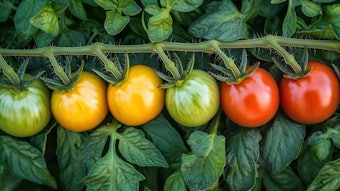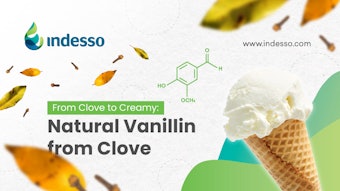The Pew Charitable Trusts has recently increased its scrutiny of food additives, including the GRAS process. Though naturalness has no direct correlation to safety, John Hallagan, senior advisor to Verto Solutions, noted that “natural” is a consumer awareness and preference issue. Meanwhile, the U.S. Congress continues to look into caffeine levels in energy drinks and a new generation of taste enhancers and sensates present a new frontier in flavor, food and beverage safety protocols. In short, the food, beverage and flavor industries have their hands full defending food science in an evolving consumer, regulatory, NGO and legislative landscape.
This was the focus of the 13th Annual West Coast Flavor Industry Forum in Anaheim, California, which took as its theme the ongoing dissonance between food science and public perception regarding genetically modified organisms (GMO) in the food chain. The topic was particularly timely as the event took place one day before grocer Whole Foods Market announced it would label all GMO-containing products by 2018—a move the company called “consumer’s right to know.”
“The prevalence of GMOs in the U.S. paired with nonexistent mandatory labeling makes it very difficult for grocery stores to source non-GMO choices and for consumers to choose non-GMO products,” Whole Foods Market said in a statement, which continued, “[M]any U.S. states are currently considering mandatory labeling initiatives, like the one in Washington state, where 500,000 citizens signed a petition last year to move the initiative the next step to their state legislature for consideration. Whole Foods Market supports that ballot measure in Washington and hopes it and other such state initiatives will finally lead to one uniform set of rules in support of the consumer’s right to know … To ensure a growing supply of non-GMO options for our customers, we are stepping up our support of organic and certified products, and we are growing the non-GMO supply chain with our supplier partners.”
Food Science Foes See GMO as Inherently Unstable
Who are the opponents of GMOs? And are they really, as Slate’s Keith Kloor called them in a 2012 article, “the Climate Skeptics of the Left”? More than 75% of conventional processed foods contain GMOs, said Courtney Pineau, assistant director of the Non-GMO Project, which advocates against GMO products and conducts non-GMO verifications for its own branded Non-GMO seal. Major crops currently available as GMOs include corn, soy, sugar beet, canola, alfalfa, Hawaiian papaya (a GMO solution that, it was later pointed out, was introduced to save the local industry), zucchini, summer squash and baby corn.










